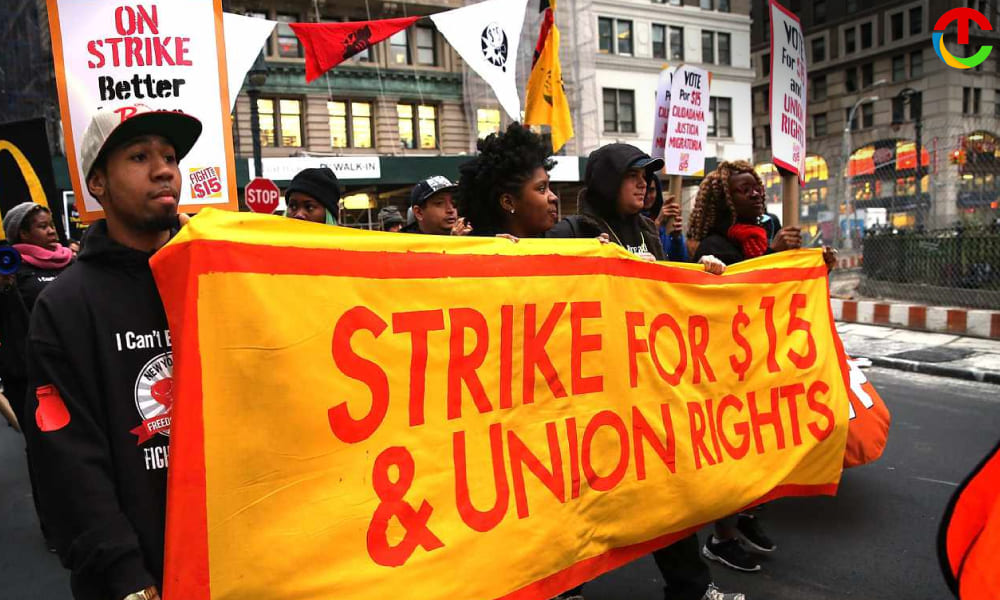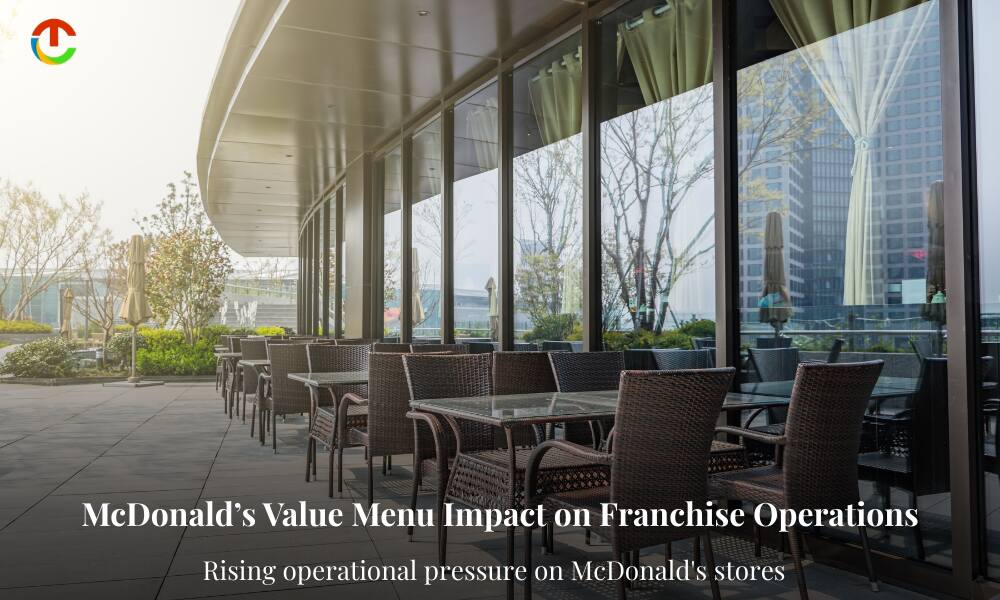As the issue of raising the minimum Wage Laws takes center stage on coming elections, small business owners are becoming more vocal about their worries. Many businesses are concerned about the potential impact of new legislation on wages.
While proponents of salary increases argue for fairness and higher living standards, small business owners dispute the practicality and durability of such policies.
Concerns Grow as Minimum Wage Proposal Advances
For many small business owners, the debate around the minimum wage hike is more than just a political issue it’s a matter of survival. Small businesses, particularly those in the retail, hospitality, and service industries, are especially vulnerable to increases in operational costs. A rise in the minimum wage would directly impact labor expenses, which are often one of the largest expenses for these businesses.
Many owners worry that the proposed wage increase will force them to either raise prices, reduce their workforce, or even close their doors. A common sentiment among these entrepreneurs is that their profit margins are already tight, and any additional financial burden could prove disastrous.
“The idea of paying employees more is appealing, but the reality is that for many small businesses, we’re operating on a shoestring budget,” said John Harris, owner of a family-run restaurant in downtown. “Raising wages could lead to price hikes, and that’s going to drive away customers.”
On the other side of the debate, supporters of the wage increase argue that the current minimum wage fails to keep up with inflation and rising living costs. They believe that a higher wage will help reduce poverty and improve the quality of life for workers, thereby benefiting the economy in the long term. However, these arguments are not enough to sway many small business owners who see the proposal as a threat to their livelihood.
Some business owners are also concerned about the potential for increased competition from larger corporations that can absorb Wage Laws hikes more easily. They fear that the wage hike will further tilt the playing field in favor of big-box retailers and franchises, leaving small, independent businesses at a disadvantage.
but, the uncertainty surrounding the implementation of these changes has left many business owners uncertain about how to plan for the future. Without knowing the exact timing or amount of the wage increase, small businesses struggle to make long-term financial plans and projections.
“I understand the need for workers to earn more, but the timing of this could not be worse,” said Maria Lopez, who operates a local bookstore. “We’ve already been hit hard by inflation and the pandemic, and now we might face another financial burden that we can’t afford.”
Does a Minimum Wage Benefit Workers?
As the vote approaches, small business owners are calling for more support from local governments. They suggest that there should be more consideration for the unique challenges they face, such as lower profit margins and limited access to capital. Some propose phased-in increases to allow businesses to adjust gradually, while others are pushing for exemptions or other forms of relief.
Ultimately, the decision on whether to raise the minimum wage will be made by voters, but the ongoing debate highlights the difficult balancing act between improving worker wages and maintaining the health of small businesses. For now, many small business owners are anxiously awaiting the outcome of the vote, hoping that the final decision will take into account the unique needs and challenges of their businesses.









